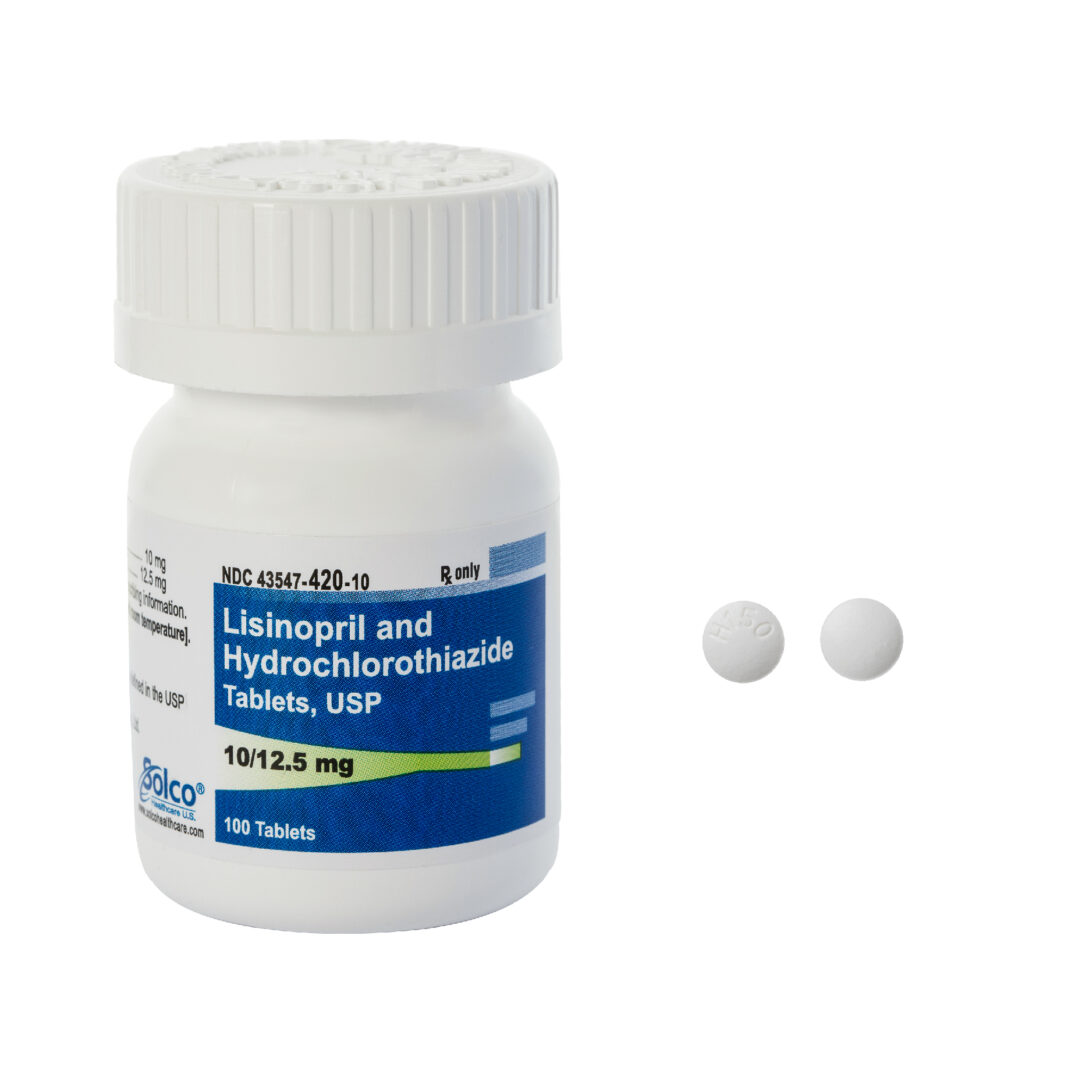Introduction
Lisinopril is a widely used medication belonging to a class of drugs known as angiotensin-converting enzyme (ACE) inhibitors. It is primarily prescribed to treat high blood pressure (hypertension) and heart failure, and to improve survival after a heart attack. This article delves into the uses, benefits, and potential side effects of lisinopril.
Uses
1. High Blood Pressure (Hypertension)
It helps to lower high blood pressure by relaxing blood vessels, making it easier for the heart to pump blood. By reducing blood pressure, lisinopril helps prevent strokes, heart attacks, and kidney problems.
2. Heart Failure
In patients with heart failure, it improves symptoms by decreasing the workload on the heart and promoting better blood flow. This can lead to improved quality of life and reduced hospitalizations.
3. Post-Heart Attack Treatment
Lisinopril is often prescribed after a heart attack to improve survival rates. It aids in the recovery of the heart by reducing strain and preventing further damage.
4. Kidney Protection in Diabetic Patients
For patients with diabetes, lisinopril can help protect the kidneys from damage caused by high blood pressure. This is particularly important in preventing the progression of diabetic nephropathy, a common complication of diabetes.
Benefits of Lisinopril
- Effective Blood Pressure Control: Lisinopril is highly effective in lowering and maintaining blood pressure within a healthy range.
- Heart Protection: By reducing the strain on the heart, lisinopril helps in managing heart failure and improving post-heart attack survival.
- Kidney Protection: It provides additional benefits for diabetic patients by protecting kidney function.
- Once-Daily Dosage: Lisinopril is typically taken once a day, making it convenient for patients to adhere to their medication regimen.
Side Effects of Lisinopril
While lisinopril is generally well-tolerated, some patients may experience side effects. Common side effects include:
- Cough: A persistent, dry cough is a well-known side effect of ACE inhibitors like lisinopril.
- Dizziness or Lightheadedness: Especially when starting the medication or increasing the dose, patients may feel dizzy due to lowered blood pressure.
- Headache: Some patients report headaches while taking lisinopril.
- High Potassium Levels (Hyperkalemia): Lisinopril can cause an increase in blood potassium levels, which may lead to complications if not monitored.
- Fatigue: Feeling tired or fatigued is a common side effect.
Severe Side Effects
Although rare, some severe side effects may occur, requiring immediate medical attention:
- Angioedema: This is a serious allergic reaction characterized by swelling of the face, lips, tongue, or throat, which can be life-threatening.
- Kidney Problems: Symptoms include changes in the amount of urine, which may indicate kidney issues.
- Liver Problems: Symptoms such as yellowing of the skin or eyes (jaundice) and severe stomach pain.
Conclusion
Lisinopril is a crucial medication for managing high blood pressure, heart failure, and post-heart attack recovery. Its benefits in protecting the heart and kidneys make it a valuable option for many patients. However, like all medications, it is important to be aware of potential side effects and to discuss any concerns with a healthcare provider. Regular monitoring and adherence to prescribed dosages can help maximize the benefits of lisinopril while minimizing risks.
FAQs
Q: How should I take lisinopril?
A: Lisinopril is usually taken once daily, with or without food. Follow your doctor’s instructions carefully.
Q: Can I stop taking lisinopril if I feel better?
A: No, you should not stop taking lisinopril without consulting your doctor, even if you feel better. Stopping suddenly can worsen your condition.
Q: Are there any foods or drinks I should avoid while taking lisinopril?
A: It’s advisable to avoid high potassium foods and salt substitutes containing potassium. Also, alcohol can lower blood pressure further and increase side effects.
Q: What should I do if I miss a dose?
A: If you miss a dose, take it as soon as you remember. If it’s almost time for your next dose, skip the missed dose. Do not double up to make up for a missed dose.
By understanding the uses, benefits, and potential side effects of lisinopril, patients can better manage their health and work collaboratively with their healthcare providers.

